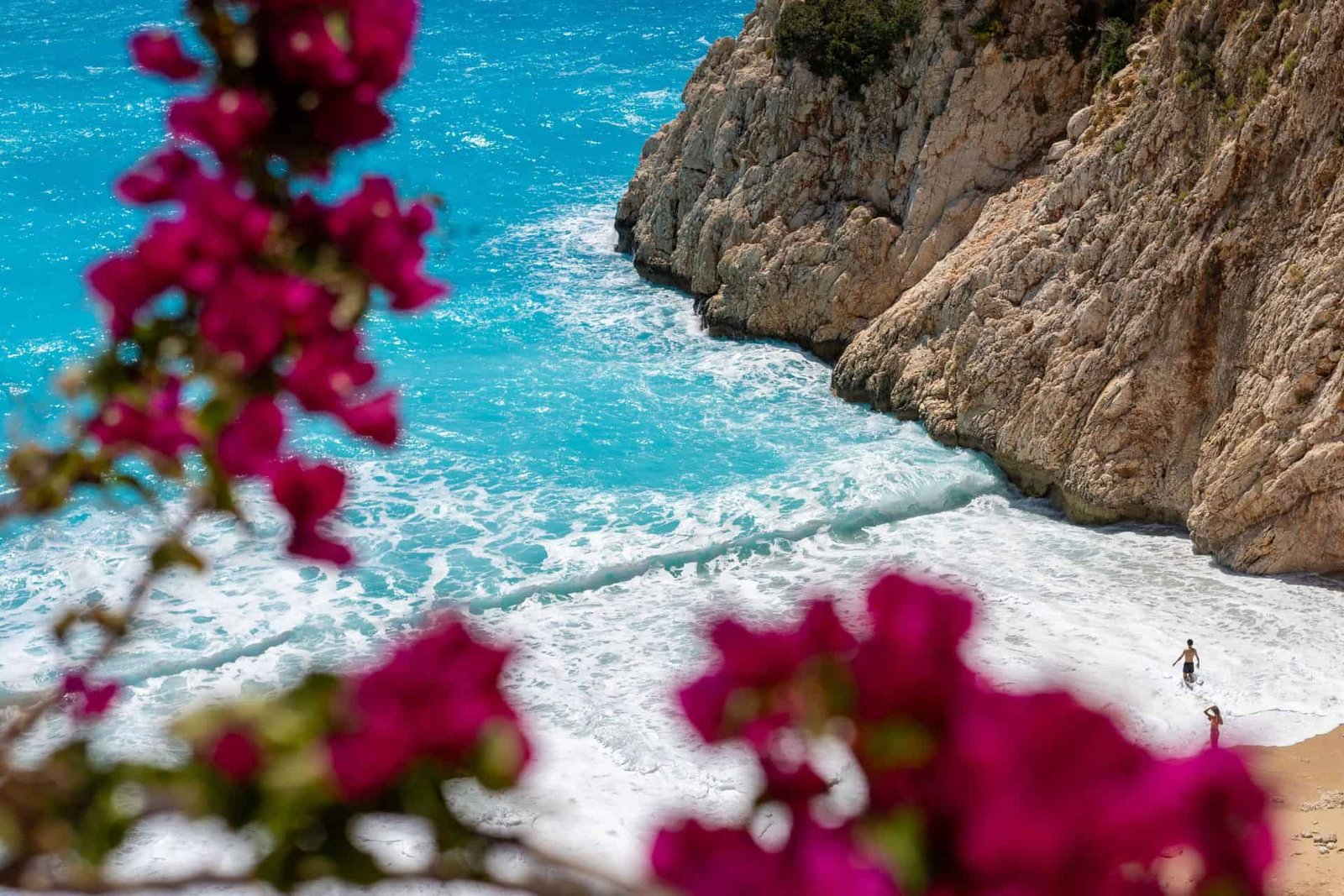
Discover Türkiye’s magic: from Istanbul’s skyline to Cappadocia’s fairy chimneys. Explore culture, cuisine, beaches, and ancient sites in our ultimate travel guide.

Discover Türkiye’s magic: from Istanbul’s skyline to Cappadocia’s fairy chimneys. Explore culture, cuisine, beaches, and ancient sites in our ultimate travel guide.